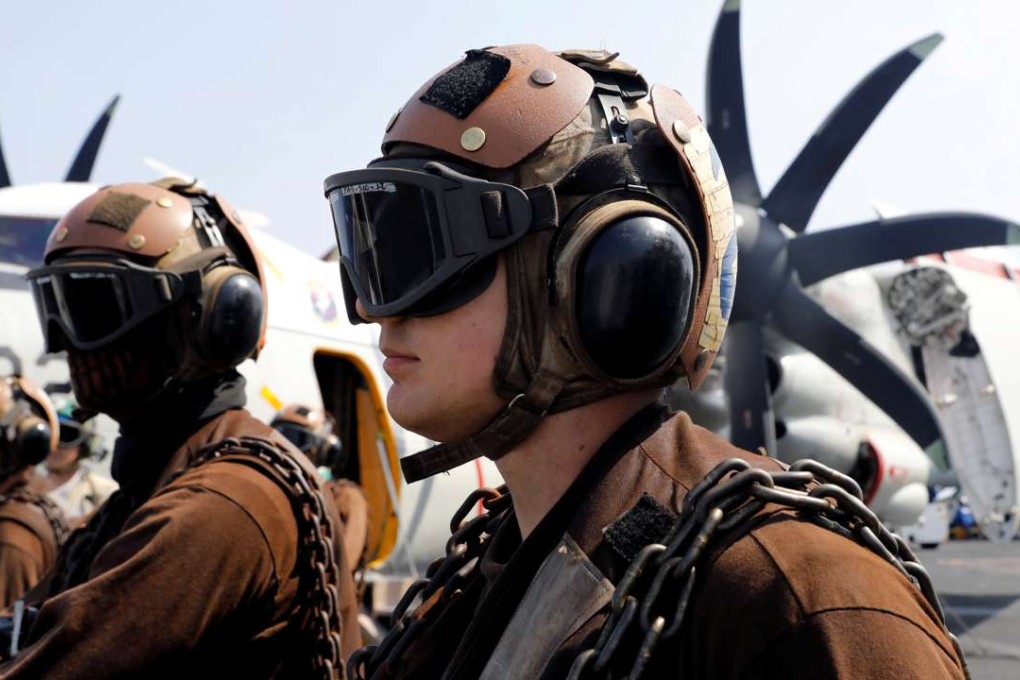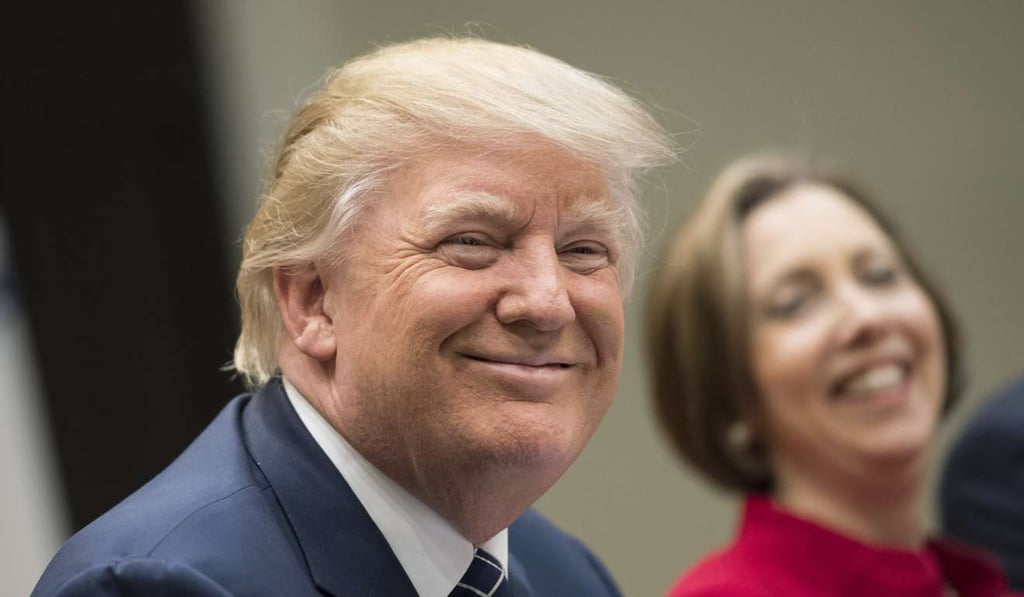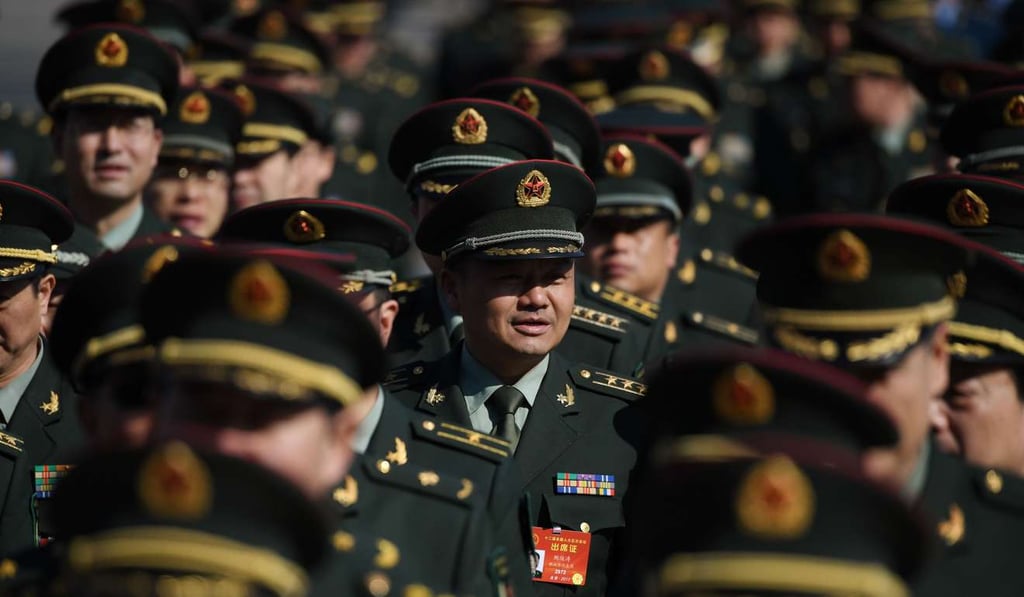Back To The Future | What China can learn from Trump, the Soviets and Kublai Khan
If the US president can make good on his promises to greatly increase defence spending and cut corporate taxes, he will create headaches for Beijing. Fortunately, China can still find relief using history as its guide

If there is a number coming out of Donald Trump’s White House that should get Beijing worried, it is not the 10 per cent growth in the military budget. It is the promised 20 per cent corporate tax cut.
The US president signalled two weeks ago that he intended to propose a “historic increase” in military spending to US$603 billion – up 10 per cent from a year ago. The eye-watering number immediately grabbed headlines around the world. In China, which was about to release its own defence budget the following week, the news attracted even more attention.

Some in the Chinese military argued that Beijing should respond with a double-digit defence budget expansion. Although Trump never explicitly mentioned China as the reason for the hike, Beijing is the elephant in the room. Some experts worried that the US would step up its military deployment in Asia, increase missions in the South China Sea and widen the already-significant technological gaps between the two sides.

When Beijing announced its defence budget earlier this week at the annual parliamentary sessions (“Two Sessions”), it was a moderate 7 per cent growth – one of the lowest in years. Accepting that the actual amount could be bigger, the figure is still a disappointment to many hot-blooded nationalists in China. This is maybe why the Ministry of Finance chose not to include the figure in its annual budget report – the first time in decades. It was considered “too sensitive”.
